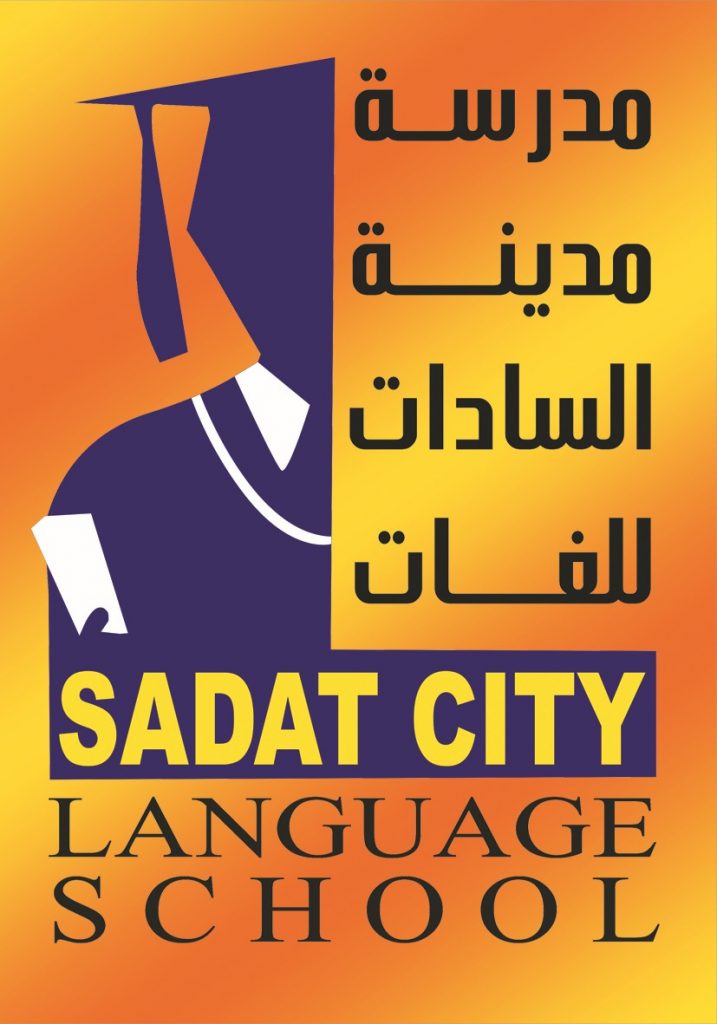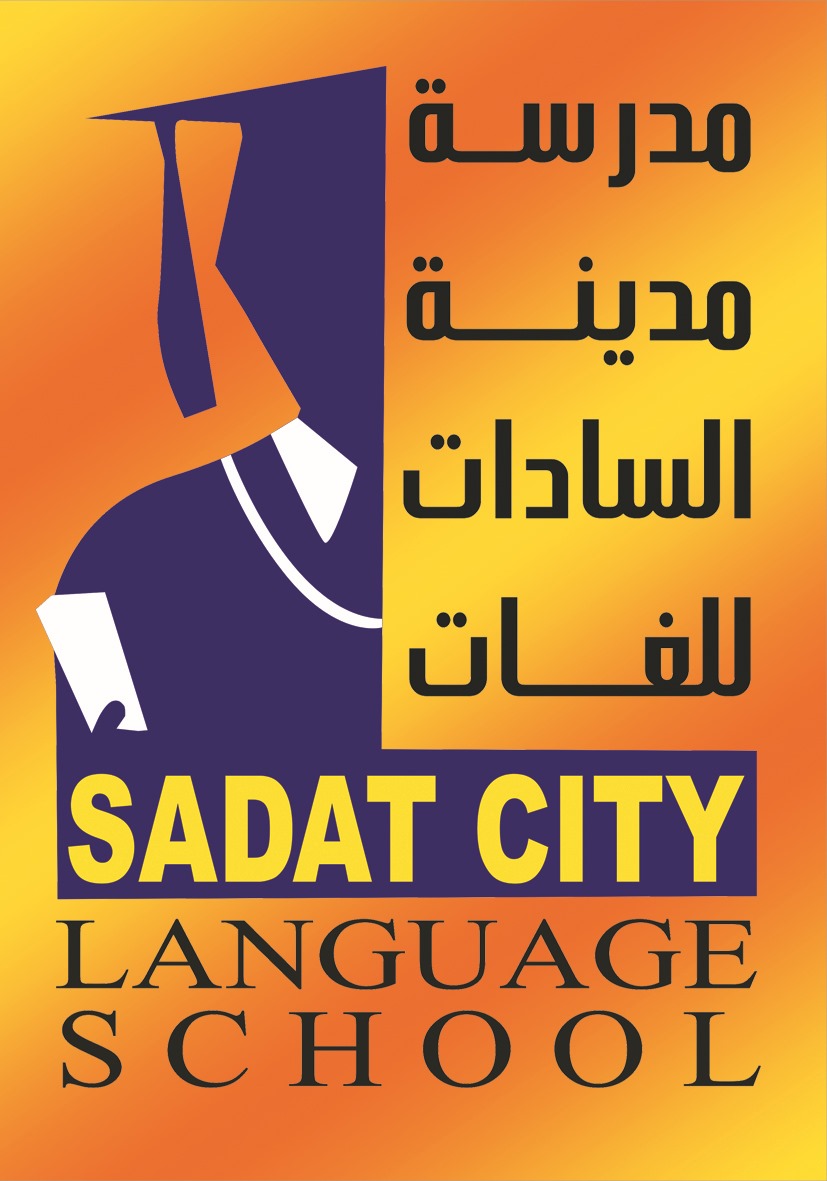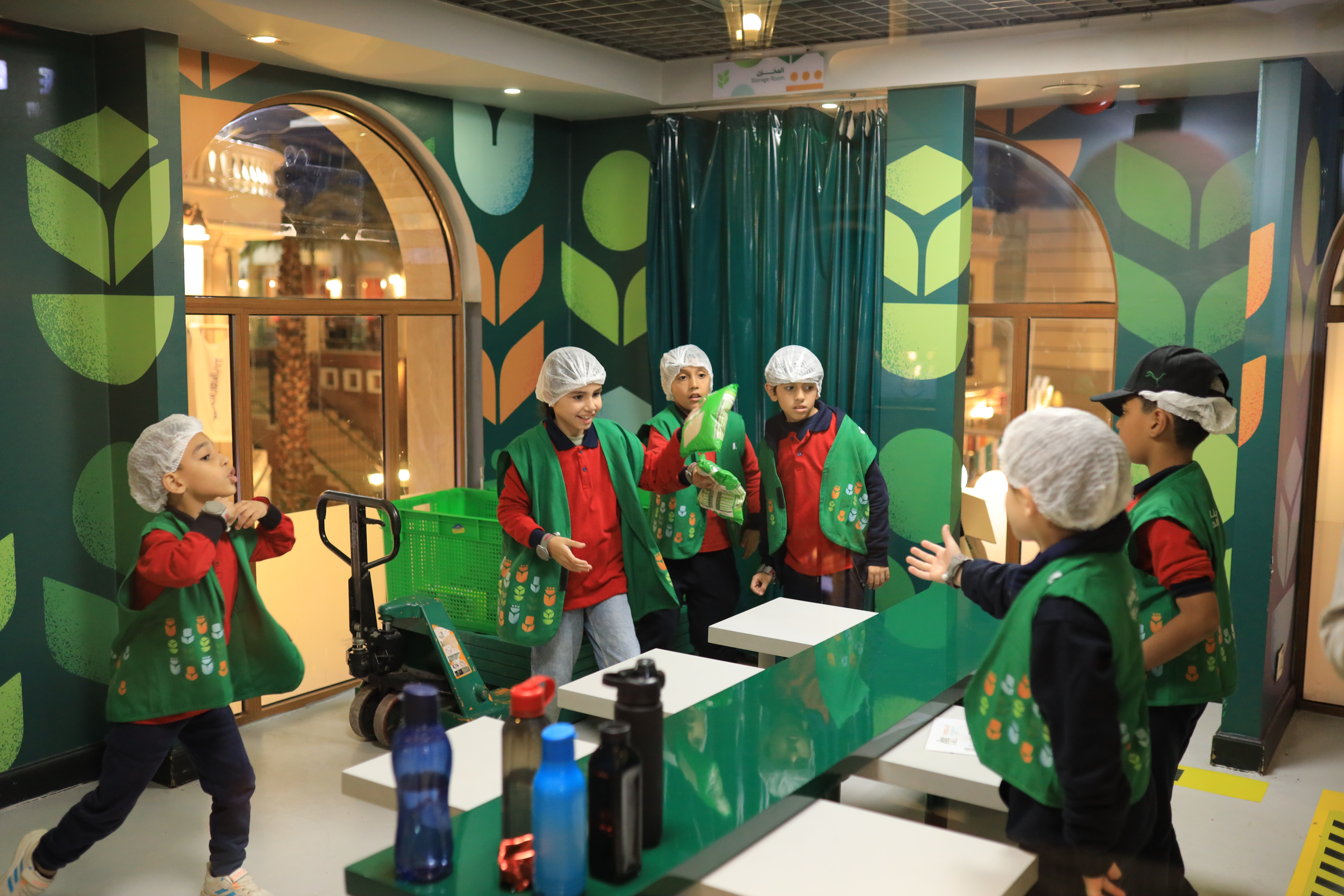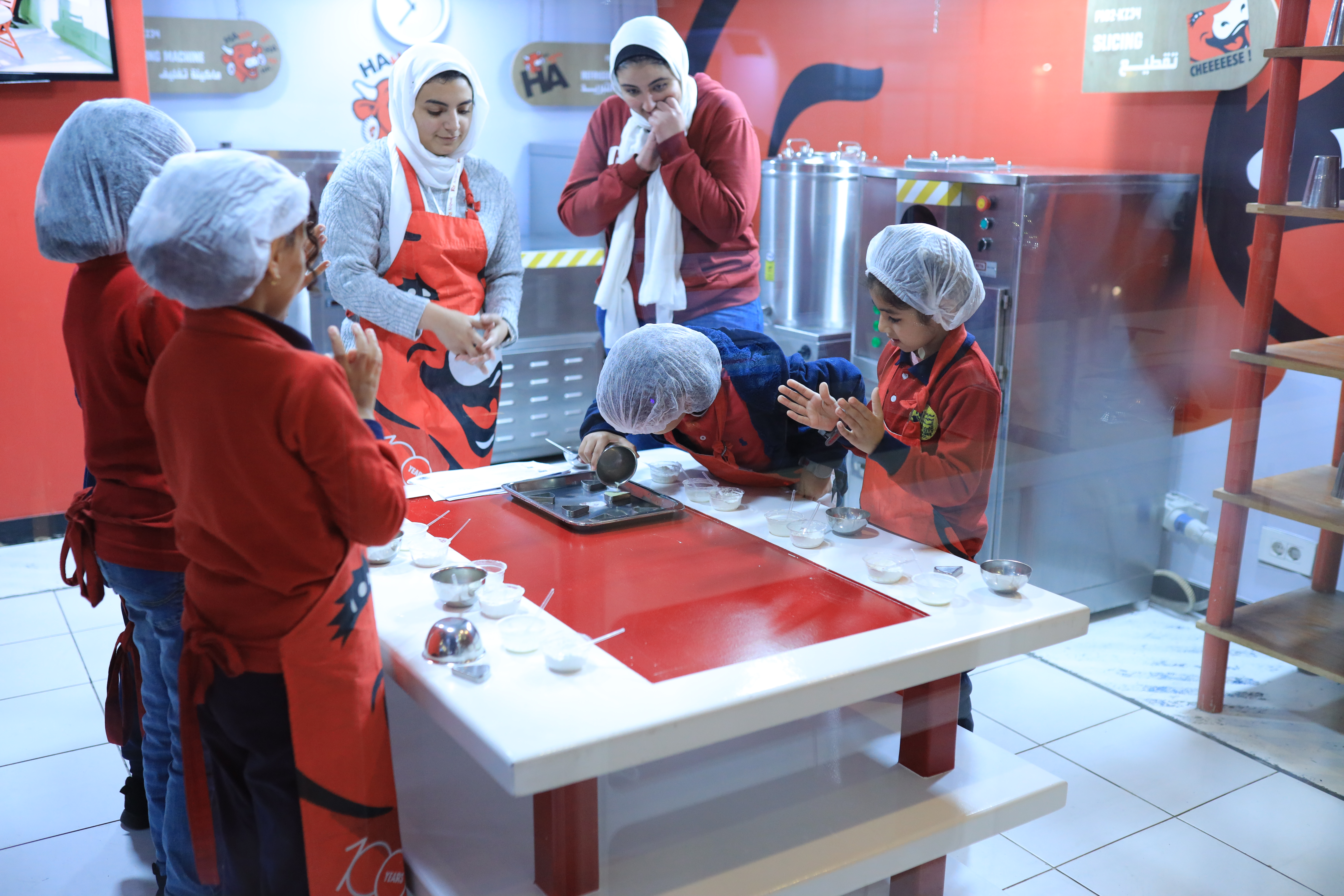Sadat City Language School
Sadat City Language School is a non-profit educational institution sponsored by the Sadat City Investors Association. The school was established in 1998 as part of the Investors Association’s work to provide for the needs of the local community (academic, cultural and social); in order to provide a more stable environment for the families of workers and residents of Sadat City and the surrounding villages and cities. Although the majority of the school’s students are Egyptian, some are of other nationalities.



